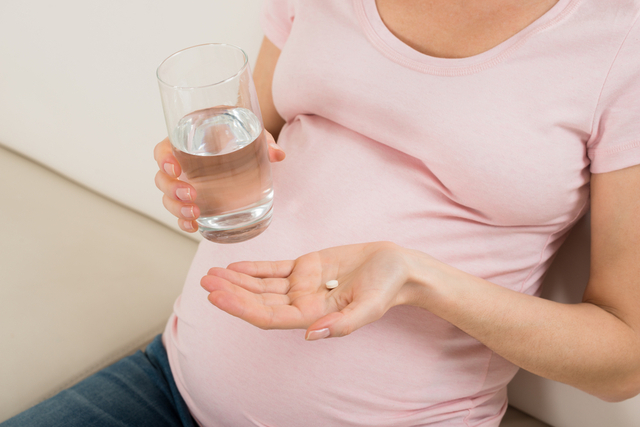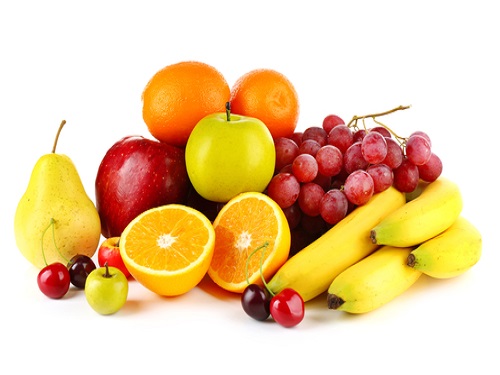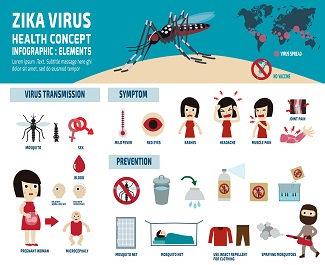Why are prenatal supplements important?
Prenatal supplements consist of a variety of vitamins and minerals that are essential to help your baby develop.
During pregnancy, a woman’s daily intake requirements for certain vitamins and minerals like folic acid, calcium, and iron will increase. For example, The recommended dietary allowance (RDA) of folic acid is 400mg, for pregnant women or women who are trying to conceive, the recommended dietary allowance (RDA) of folic acid is increased to 600mg.
Even you eat a healthy, balanced diet; you may still be unable to meet the recommended daily requirement of some of the vital nutrient. Prenatal vitamins will help to supplement your diet to prevent any nutritional gaps.
Taking a prenatal vitamin is even more critical for women who are on dietary restrictions, or have health issues or pregnancy complications. This includes women who:
• Are vegetarians.
• Are lactose intolerant or have other food intolerances
• Smoke
• Have an eating disorder
• Suffer from certain chronic diseases
• Are pregnant with twins or higher multiple
When should I start taking prenatal vitamins?
Ideally, you should start to take prenatal supplements three months before you try to conceive.
If you did not take folic acid before conception, you should try to take the prenatal vitamin once you discover that you are pregnant, do not need to wait until your first appointment with the doctor.
By taking prenatal vitamins like folic acid, you are preventing neural-tube which usually develop in the first four to six weeks of pregnancy.
What are the most important prenatal supplements that I need to take?
Folic acid, iron calcium are three of the most important components of the prenatal supplements that you should take.
Folic acid
The recommended Dietary allowance of folic acid for pregnant women is 600 microgram (mcg) helps prevent neural tube defects.
Foods containing folic acid include green leafy vegetables, nuts, beans, citrus fruits, and many foods which have been fortified with folic acid. Even so, it's a good idea to take a supplement with the right amount of folic acid as a backup.
Iron
Iron supports the baby's growth and development. Iron also helps prevent anemia, a condition in which blood has a low number of healthy red blood cells.
Iron supports the baby’s growth and development. It is common for mothers to develop low blood counts in pregnancy as the blood volume increases in pregnancy. Iron supplementation will help to prevent this.
Food that is rich in iron includes red meat, poultry, pork, beans, peas, dried fruit, and iron-fortified bread, cereal, and pasta.
Calcium
The RDA of calcium for pregnant women is 1000mg. Calcium can help prevent pregnant women from losing her bone density as the baby uses calcium for bone growth.
Food that is rich in calcium include dark, leafy greens, fortified cereal, bread, fish, fortified orange juices, almonds and sesame seeds
Frequently asked questions about prenatal vitamins
1. How are prenatal vitamins different from other vitamins?
Prenatal vitamins typically contain more folic acid and iron than do standard adult multivitamins.
2. Is it safe to buy over-the-counter supplements?
It is good to check with your doctor before buying over-the-counter prenatal supplements to make sure they are safe for you.
3. What should you do if you have morning sickness?
You can consider taking the supplement at night before bedtime so that you can sleep through nausea.
4. What are the side effects if there are any when taking prenatal supplements?
First, the iron in prenatal vitamins may cause constipation as iron is hard in the digestive tract.
Some pregnant women experience nausea or vomiting when taking the prenatal supplement.
Subscribe to receive newsletter on pregnancy and parenting in Singapore.


